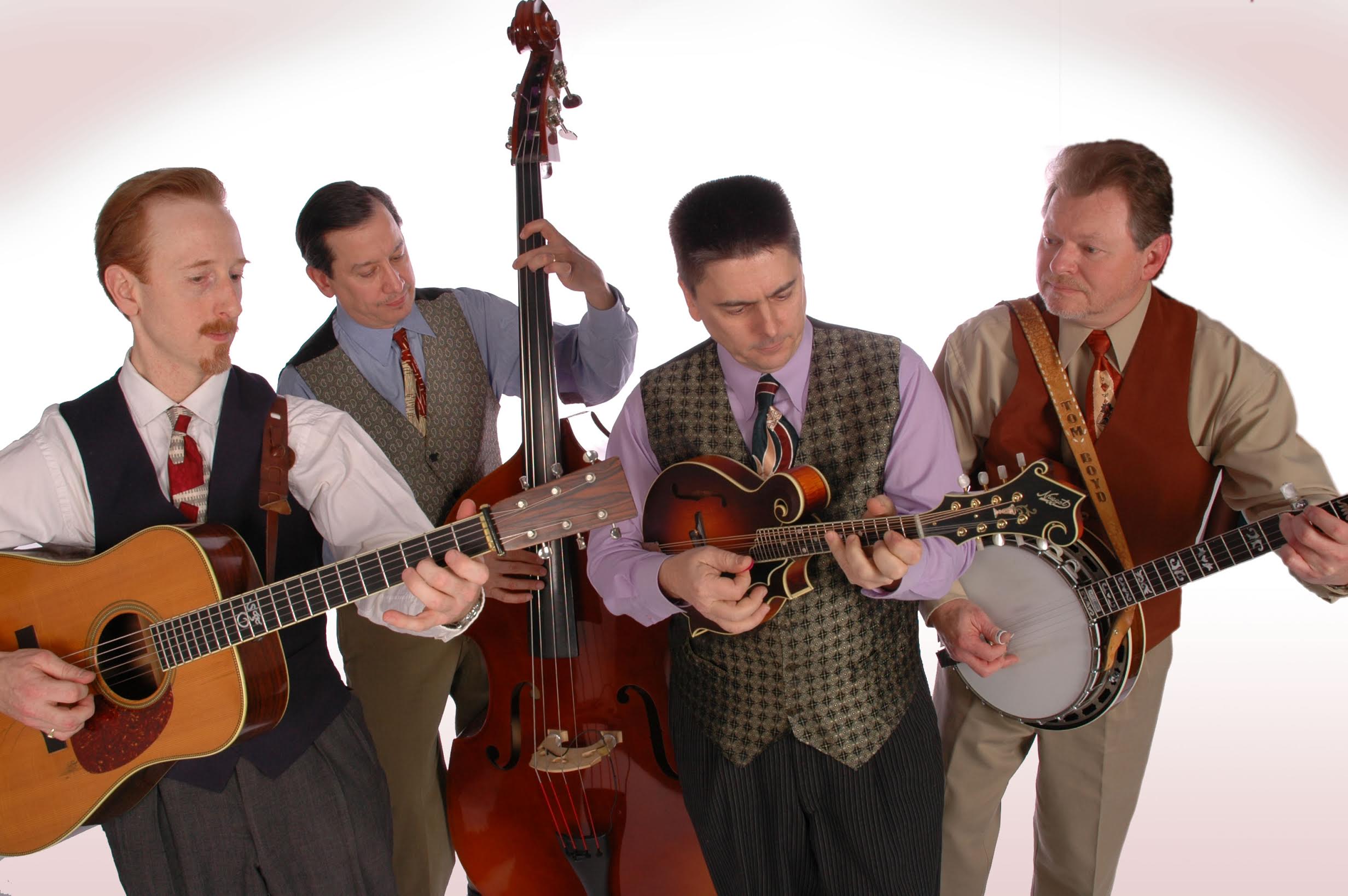Everyone has their own opinion of how to create the perfect workspace. Some people need complete silence devoid of any type of stimulation, while others swear that the “coffee shop” environment with a subtle, unimposing murmur of activity is best for productivity. Still others require loud music to get their creative juices flowing.
Growing up, my parents encouraged me to set up a quiet study space, but as I grew older I developed new study strategies. As an undergrad in college, I find that my large workload is much more manageable and enjoyable when paired with quiet acoustic music. A visit to the local library on any college campus would suggest that I am not alone in my desire to add a soundtrack to my studies. Luckily for us, research has shown that this may not be such a bad idea after all.
 A group of students from Greeley elementary enjoy music in the classroom with teaching artist Carol Weston. Photo by Elena Bazini.
A group of students from Greeley elementary enjoy music in the classroom with teaching artist Carol Weston. Photo by Elena Bazini.
Music encourages the release of dopamine in the reward area of the brain. This neurotransmitter triggers a sense of pleasure similar to that experienced when rewarding yourself with a sweet treat or smelling a good smell.
When Dr. Teresa Lesiuk was introduced to the workspace of information technology specialists, she found that individuals who listened to music accomplished their tasks more quickly than those who did not. Furthermore, they were able to brainstorm better ideas because their mood was improved. Listening to music, particularly music without words, can be a great option to help refocus and block out distracting noises from other students and coworkers. Music without words often proves to be less distracting, however, familiar music can be another good option to assure that you don’t lose your train of thought by fixating on lyrics.
Other studies have drawn links between productivity and satisfaction through music. One study analyzed the effect of music on the productivity of patients with hemineglect, a common disability resulting from damage to one of the brain’s hemispheres. In this study, patients who were allowed to listen to their choice of calming music improved their ability to complete visual awareness tasks. What is more, several regions of their brains were shown to be activated on MRIs, not just the auditory region. This evidence suggests that music may improve the overall attentive and cognitive abilities for both healthy brains and those with hemineglect. Later reviews of this study have attributed much of the patients’ progression to the sense of comfort and control that your favorite music can provide.

One core program area at Urban Gateways is touring performances, many of which include musical acts. Another is artist residencies, including classes with musicians. When music is brought into schools through our artist-in-residence or touring programs, students return to class feeling refreshed, entertained, inspired, and likely refocused and ready to increase productivity.
So, next time you sit down to tackle a project or assignment, pop in some headphones and see if this approach is right for you.

Thank you for your sharing. I am worried that I lack creative ideas. It is your article that makes me full of hope. Thank you. But, I have a question, can you help me?